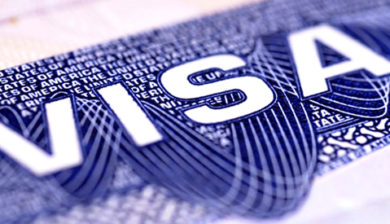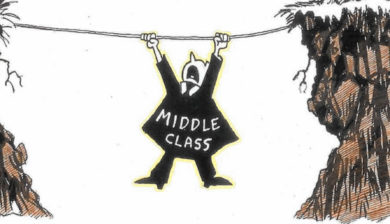Belarus’ measured repressions
Lukashenka seeks for an optimal level of repressions, high enough to discourage Belarusians from protesting and low enough for the EU to continue a gradual rapprochement with Minsk.
Read MoreAnti-Belarus disinformation campaign in Russian media: Trends, features, countermeasures
This paper sums up an enduring monitoring and analysis of the Russian media Belarus-related content by the EAST Center in August – November 2016.
Read MoreLocal border traffic between Belarus and Poland: benefits, challenges and prospects
The Poland-Belarus LBT agreement was ready to be launched back in early 2011. However, Belarus delays the start of the long-awaited agreement until now. This paper examines the bilateral agreement and explains the reasons for Belarus’ reluctance to launch it.
Read MoreBelarus: Europeanisation through the “Back-Door”?
Belarus lags behind the other EaP countries, both in its links with the EU and in its approximation to EU standards. However, despite a lack of formal contractual relations with the EU and illiberal domestic policies, Belarus still exposes some potential for Europeanization.
Read MoreEU Visa Code reform: Necessary but not easy
Around half of all Schengen visas issued globally are issued in just three Eastern European states, i.e. Belarus, Russia and Ukraine. This paper reviews the European Commission's proposal of April 2014 to ease the Schengen Area visa rules.
Read MoreBelarus – EU: Long bumpy road towards visa facilitation
After a decade-long story of failed attempts to start and proceed with the visa facilitation negotiations between the EU and Belarus, the long-awaited agreement was never closer to becoming a reality than on the eve of the Eastern Partnership Summit in Riga.
Read MoreBelarusian middle class falls victim to the aggravating economic crisis
What is the middle class in Belarus and what impact the aggravating economic crisis has on it? While national surveys show that about 75% of Belarusians consider their income as decent / average, the actual size of the Belarusian middle class may be as low as 10% of population, explai
Read More© Copyright 2016, EAST Center








